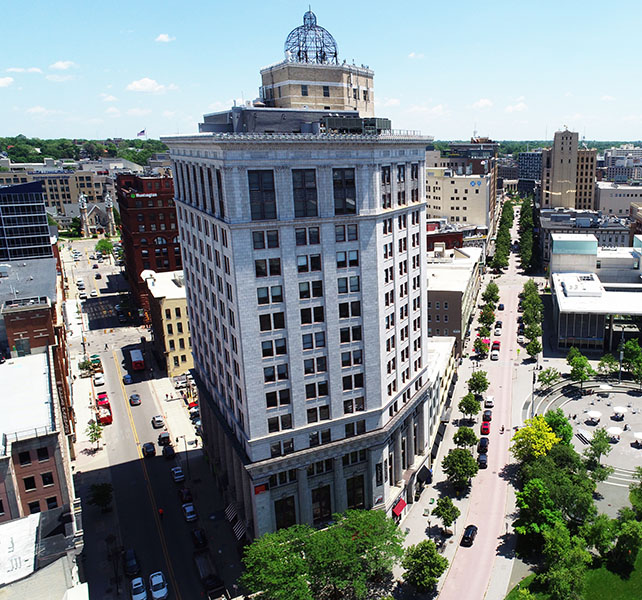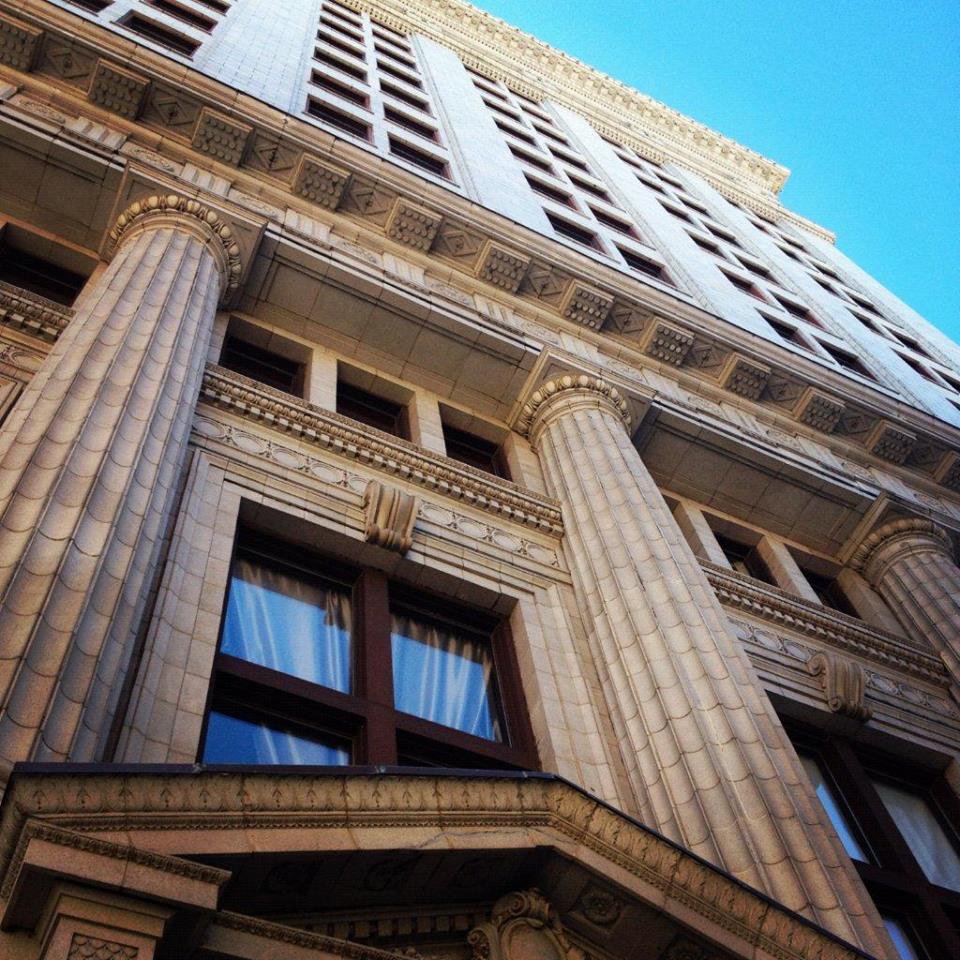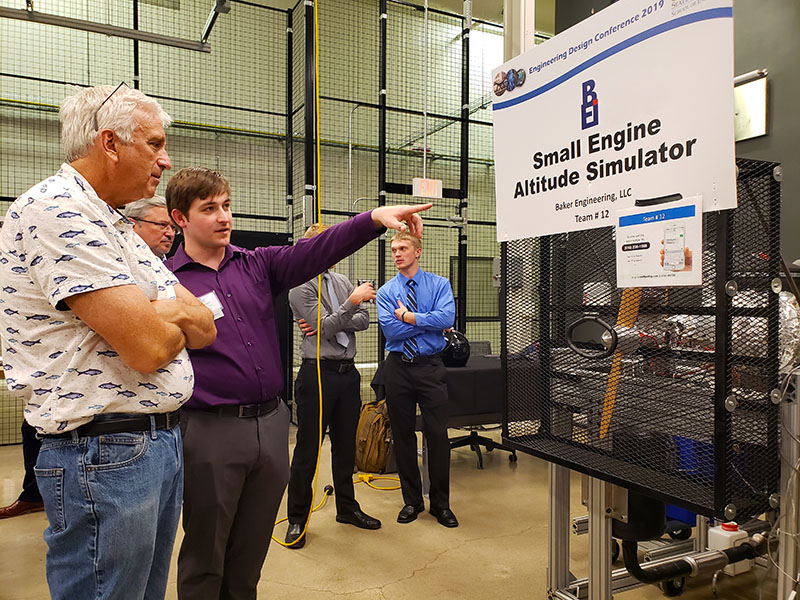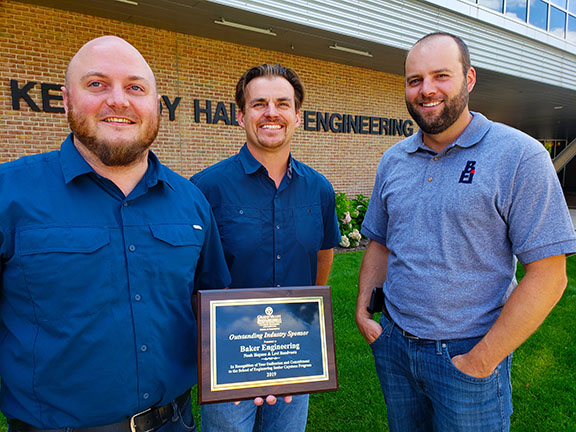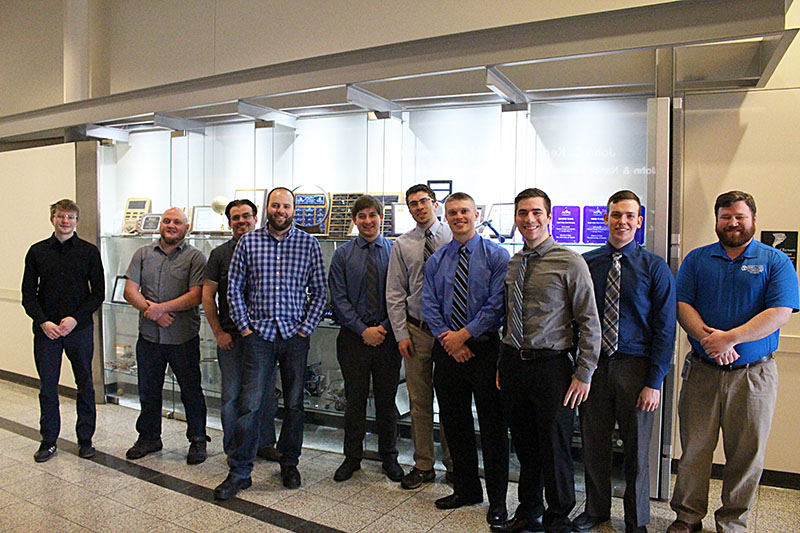Michigan tribes collaborate to quantify statewide benefits of non-gaming tribal businesses
Grand Rapids, Mich. (July 8, 2020) – Non-gaming business entities from nine federally-recognized Michigan tribes presented Governor Gretchen Whitmer’s office and the Michigan Economic Development Corporation with an economic impact study this week demonstrating that 38 non-gaming business entities, owned and managed by tribes in Michigan, generated a statewide economic impact of $288,756,091 in 2019.
“The purpose of the study was to quantify and provide empirical data used to consider the benefits of non-gaming tribal business entities in Michigan,” said study co-author Eric S. Trevan, Ph.D., who serves as a faculty member at The Evergreen State College in Olympia, Wash. “Specifically, this study analyzes jobs, business development and retention, expansion, and development investments. Ultimately, we’re considering how and in what way tribal business entities impact overall economic development throughout the state.”
The Michigan Non-Gaming Tribal Economic Impact Study found that the economic multipliers resulting from the overall 2019 economic impact led to 1,847 jobs with an average wage of $45,664. The study was co-authored by Jon Panamaroff, chief compliance officer & senior vice president of business integration for Koniag Government Services and chief executive officer of the Kodiak Brown Bear Center in Kodiak, Alaska. The MEDC provided underwriting.
“The economic impact reflected in the report clearly demonstrates that non-gaming tribal business entities have a significant, positive impact on jobs, wages, business development, expansion and the overall economic well-being of the State of Michigan and its local communities,” said Tom Durkee, Business Development Manager at the MEDC.
The 38 businesses that were subjects of the study are all minority-owned and operated and produce economic activity in 11 industry sectors, including utilities; construction; manufacturing; retail trade; finance and insurance; real estate and rental & leasing; professional, scientific, and technical services; management of companies & enterprises; administrative, support, waste management and remediation services; arts, entertainment, and recreation; and
accommodation and food service.
“A tribe’s business approach often focuses on much more than revenue generation,” said Deidra Mitchell, president and CEO of Waséyabek Development Company and coordinator of the study. “Many times, it also encompasses environmental stewardship, career development opportunities and community sustainment, all aimed at fulfilling the tribes’ socio-cultural mission on behalf of their citizens and their communities.”
The study was commissioned by 38 non-gaming business entities owned, controlled and managed by the following tribes in Michigan:
• Hannahville Indian Community
• Lac Vieux Desert Band of Lake Superior Chippewa Indians
• Little River Band of Ottawa Indians
• Little Traverse Bay Bands of Odawa Indians
• Match-E-Be-Nash-She-Wish Band of Pottawatomi Indians (Gun Lake Tribe)
• Nottawaseppi Huron Band of the Potawatomi Indians
• Pokagon Band of Potawatomi Indians
• Saginaw Chippewa Indian Tribe
• Sault Ste. Marie Tribe of Chippewa Indians
This is the first of its kind collaboration among the Michigan tribes.
“This project highlights what tribes, operating as minority-owned business investors, can do when they work together,” said Mitchell. “While the overall impact is significant, it’s still small compared to the overall state GDP – and well below the population rate of Native Americans in Michigan. We see this as a baseline from which to further grow non-gaming tribal business activity and impact.”
About Waséyabek Development Company
Waséyabek Development Company, LLC, is a 100% tribally owned holding company that manages the Nottawaseppi Huron Band of the Potawatomi’s non-gaming economic development activities. By fostering the development of a stable diversified economy for members of the Band, WDC seeks to contribute to the Tribe’s long-term sustainability and economic self-sufficiency by providing revenue and diverse employment opportunities for Tribal members.
Nation-building and tribal community expansion are supported by revenue generated through the profitable operation of WDC’s subsidiary companies, which have the added benefit of boosting the economies of the communities in which they are located. Our strategy includes a phased approach of passive and active investments with businesses operating in the commercial and federal sectors.
For more information, visit waseyabek.com.

![McKay Tower NY Times Article - McKay[34]](https://waseyabek.com/wp-content/uploads/2021/07/McKay-Tower-NY-Times-Article-McKay34.jpg)










